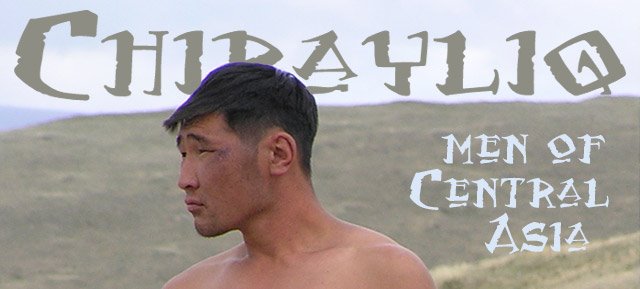
After the previous post on the disastrous 9.0 earthquake in Japan this weekend, I found lots of photos of search and rescue teams with dogs. Again, the core Central Asian states are seriously underrepresented - please point me in the right direction if you are in the know. Above, a Japanese dog team is looking for survivors among the destruction at the tsunami-stricken northeast coast. You can see how big ships have been thrown ashore by the mighty waves. Photo by Kazuki Wakasugi. Source: Yomiuri Shimbun
A South Korean rescue dog team arrives in Japan, as seen in the previous post. Source: Reuters
An inhabitant of the town Kesennuma, which suffered terribly under the tsunami, carries his little sheltie. Source: Der Spiegel
Indonesia is another island nation frequently experiencing earthquakes. This photo is from Sumatra 2009. A man is taking several dogs out for a walk in the partly-destroyed city.
Taiwanese rescue workers with a search and rescue dog assisted with the recovery of survivors in Christchurch, New Zealand, earlier this year.
The Himalaya Rescue Dog Squad Nepal is the first-ever of its kind in the country. The squad's tasks include rescue operations at high altitudes and in deep jungles, after avalanches, floods, and serious traffic accidents. Since the project is so new and the working conditions are very difficult, there's a fundraising page with more information. The people involved in the project also run a caste-free school.
Ilya Zaslavski and search and rescue dog Perets arrived in Haiti 2010 from Russia. The Haiti earthquake struck a densely populated region with weak infrastructure, and recovery has been very difficult. The earthquake could inflict lasting damage on an already disadvantaged society, so we shouldn't forget about Haiti. The Red Cross has more information.
Speaking of Russia, I found a cute thread about rescue dog training in Russia by volunteers. If your dog likes to search for things and needs an interesting hobby, this could be a nice idea. Many of the more independent-minded breeds that tend to do naughty things when bored (such as shibas and terriers in the thread) are well suited for this kind of complex task.
Dogs that were injured in the 2008 Sichuan earthquake are being treated at a private shelter in Chengdu.
Rescue dog training in China: The People's Liberation Army tends towards rather showy exercises...
Jumping through fiery hoops... and the handler's arms.



















































